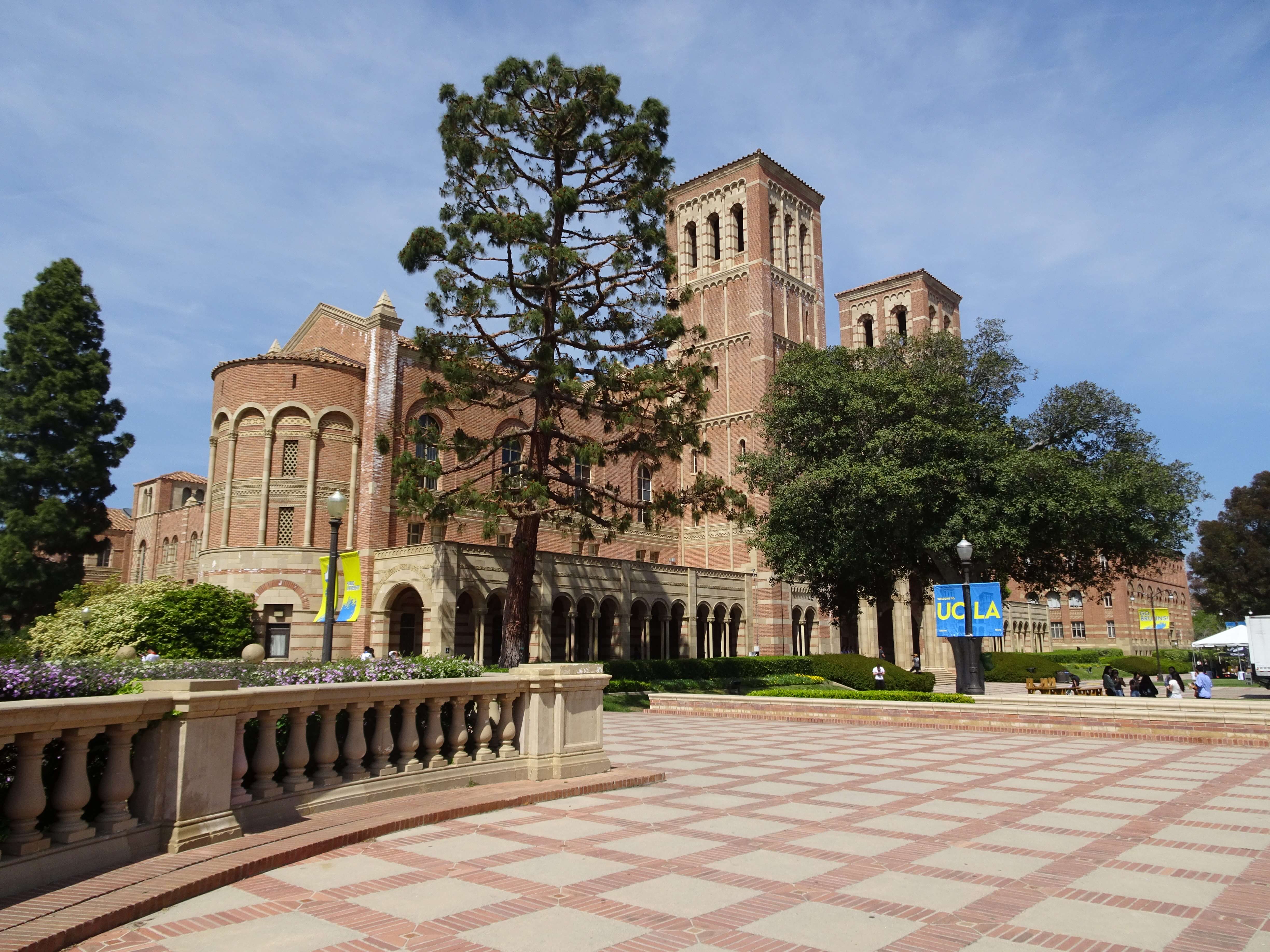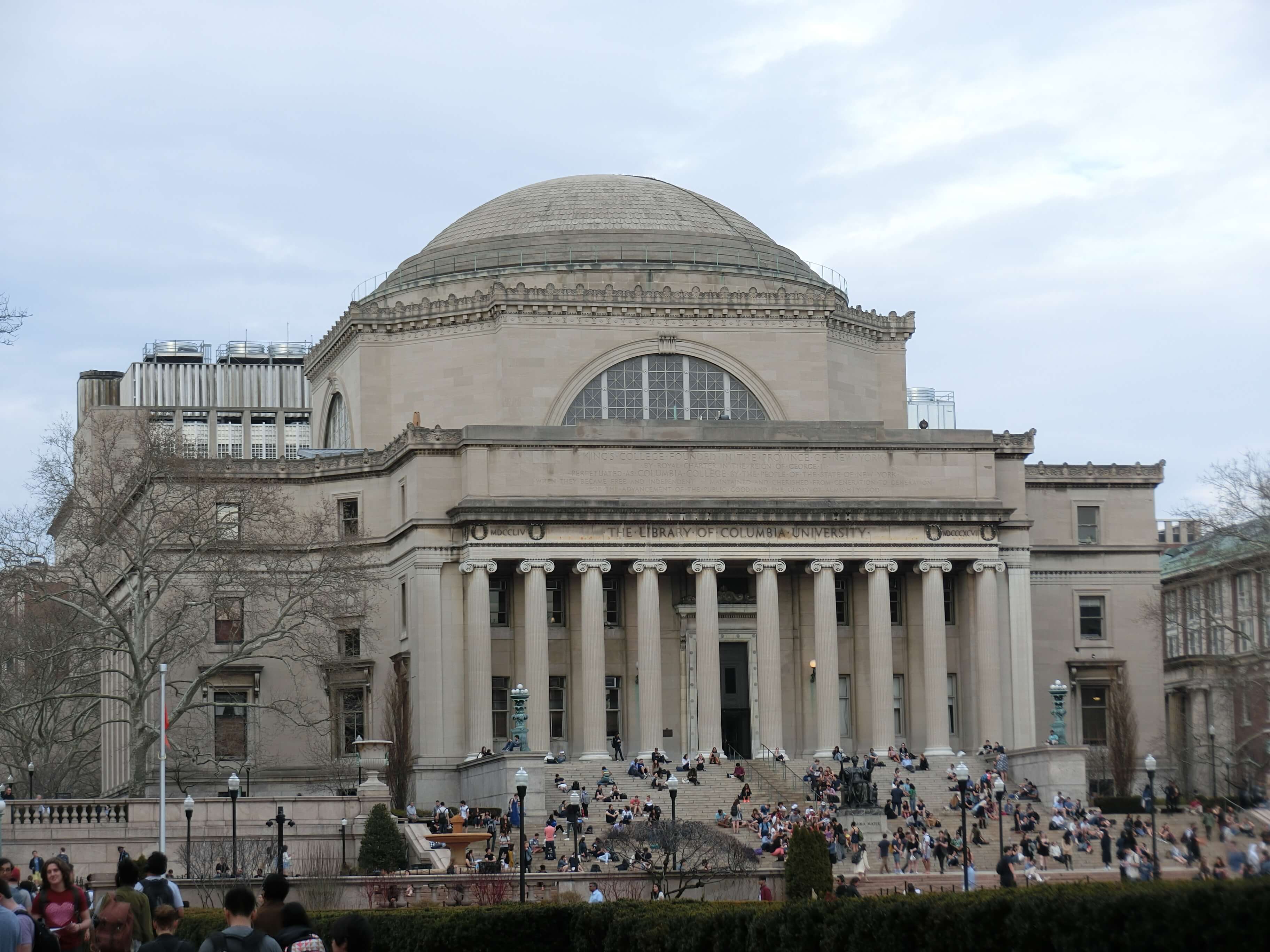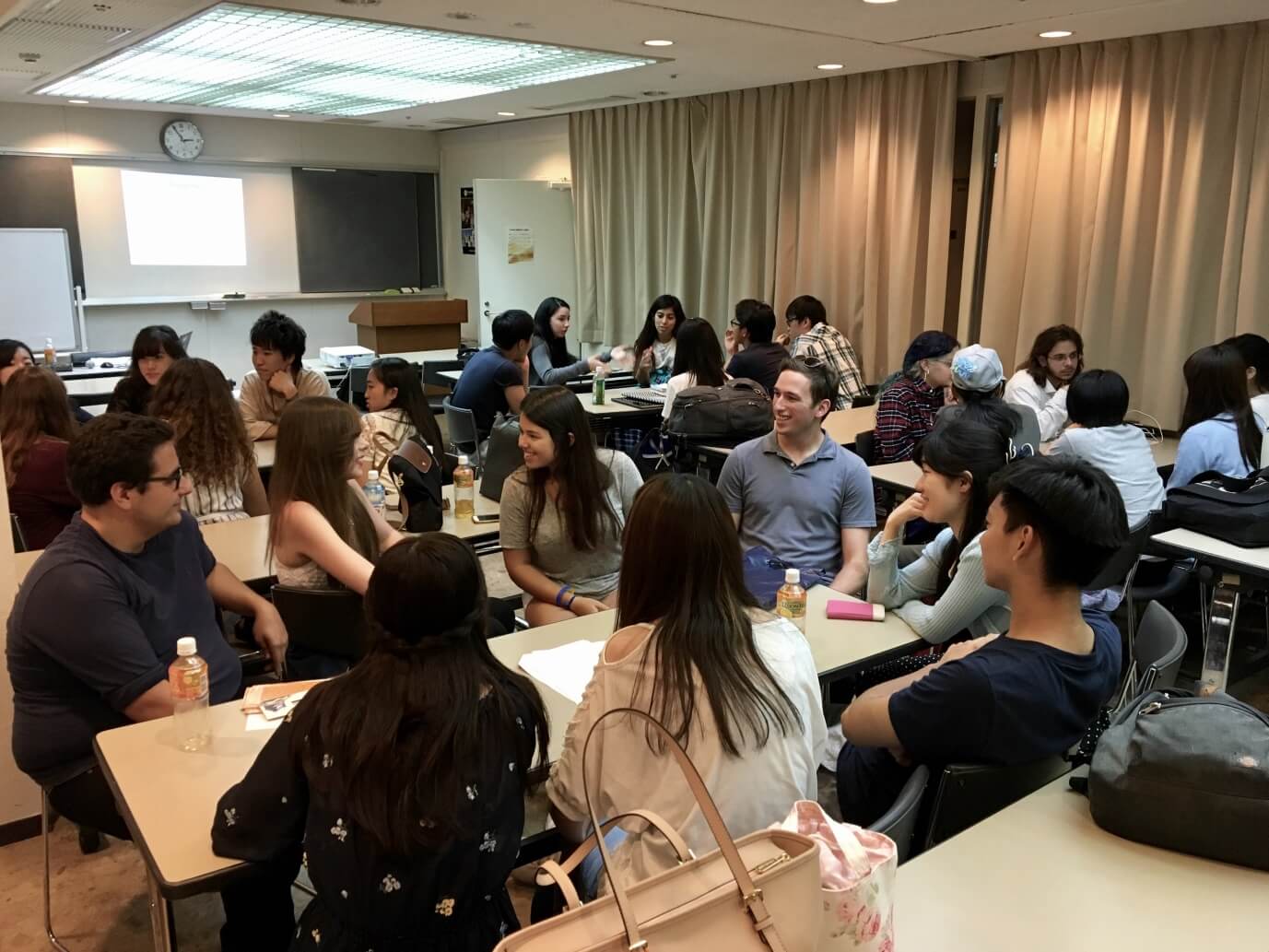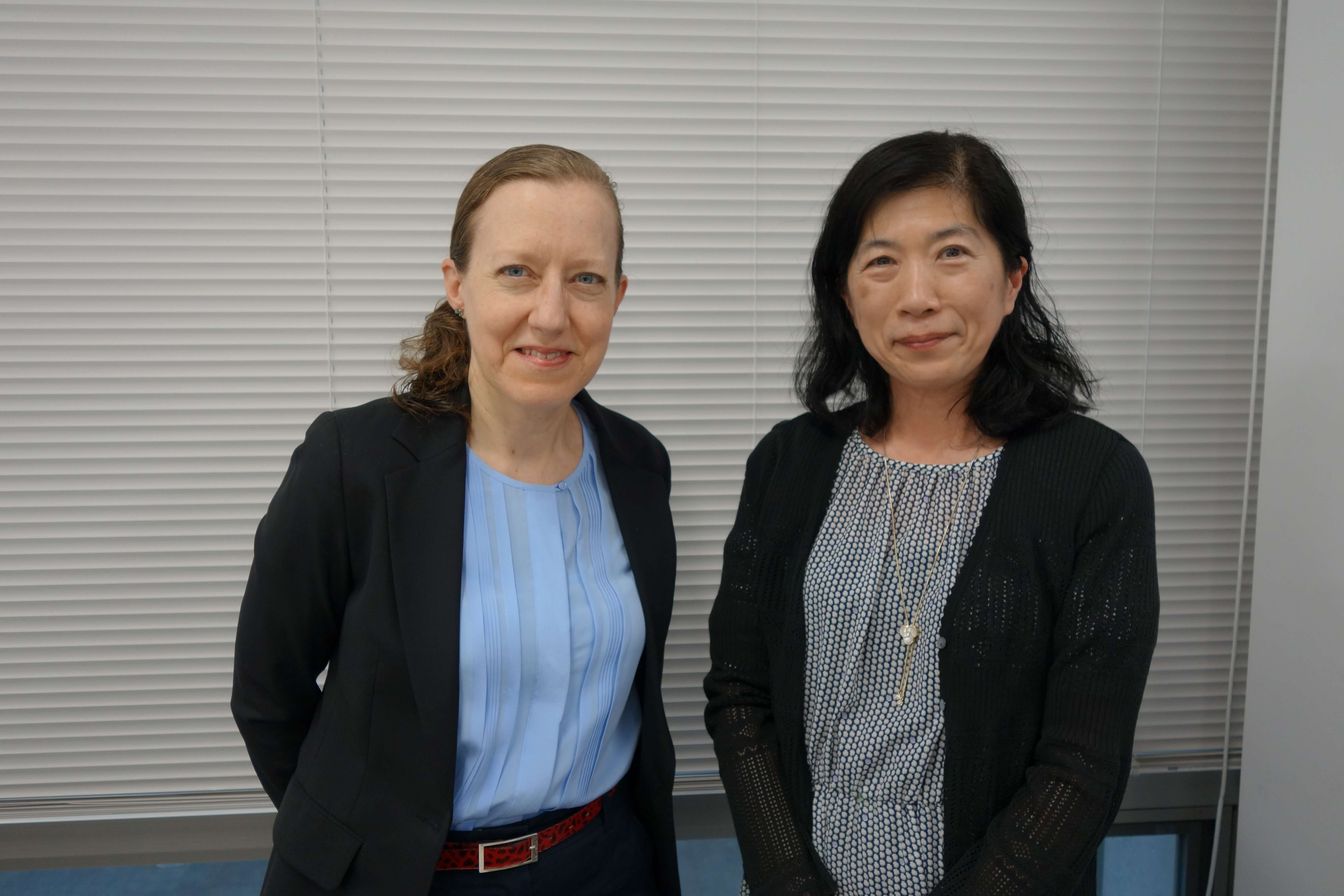GLOBAL JAPANESE STUDIES

Reexamining Japanese Culture from a Genuinely Global Perspective
To realize our goal of "reexamining Japanese culture from a genuinely global perspective," we promote wide-ranging research and education related to Japanese culture that spans various fields of study—of which Japanese literature is the starting point, extending into theater, cinema, media, history, and beyond. To disseminate our university's achievements to the world and to incorporate the highest level of Japanese studies methods from overseas, we have established the Ryusaku Tsunoda Center of Japanese Culture and invited faculty members from leading overseas universities. We will utilize our acquired network to foster talented researchers and broaden the base of Japanese studies scholars in Japan and abroad.
ACCOMPLISHMENTS
1 Ranking 22nd in Modern Languages in the QS World University Rankings by Subject
In an effort to achieve Waseda University’s goals of "ranking within the top 100 universities in 18 fields in 10 years" and "producing 100,000 global leaders in 10 years," our unit has been working in the fields of modern languages, history, English literature, performing arts, linguistics, and media studies, as well as holding international symposia and workshops, and inviting exceptional scholars of Japanese studies from leading overseas universities as visiting faculty members. This includes Professor Michael Emmerich (University of California, Los Angeles (UCLA)), Associate Professor Satoko Shimazaki (UCLA), Associate Professor David Lurie (Columbia University) as Joint Appointment (JA) faculty, along with Professor Haruo Shirane (Columbia University), Professor Tomi Suzuki (Columbia University), Ms. Yoko Tawada (author), Professor Seiji Lippit (UCLA), Associate Professor Indra Levy (Stanford University), Associate Professor Christina Laffin (University of British Columbia (UBC)), and Associate Professor Christina Yi (UBC) as visiting faculty. Thanks to these efforts, our standing in Modern Languages in the QS World university rankings by subject rose to 22nd in 2018, our highest ranking yet. In each field, we also promoted collaboration with on-campus institutions such as the Waseda International House of Literature and the Tsubouchi Memorial Theatre Museum, as well as with the Yanai Initiative for Globalizing Japanese Humanities, in an effort to improve our reputation.
2 UCLA-Waseda Research Fellowship Program
The Global Japanese Studies Unit and the Department of Asian Languages & Cultures (ALC) at UCLA made various efforts to build a foundation for collaboration between the two institutions. In particular, through a partnership with the Yanai Initiative for Globalizing Japanese Humanities, co-directed by JA faculty member Professor Michael Emmerich, the UCLA-Waseda Research Fellowship Program has provided graduate students from both universities studying Japanese studies with research exchange opportunities, and has been mutually dispatching full-time doctoral program students since 2015. The program is designed for a period of three months or longer, and to date, our university has dispatched 15 students, and accepted 14 students from UCLA. The participating students have commented that they were able to utilize the network they established with UCLA students through this program after returning to their home countries, leading to joint research activities.

3 Joint Research with Columbia University, a World Leader in Japanese Studies
Thanks to the efforts of Professor Haruo Shirane and Professor Tomi Suzuki of Columbia University, we were one of the first institutions to implement a double degree program with Columbia University. This program is a reciprocal program, which allows full-time doctoral program students enrolled at the Graduate School of Letters, Arts and Sciences to study abroad at Columbia University and earn a master's degree from the Department of East Asian Languages and Cultures at Columbia University in addition to their degrees from our university if the requirements specified by the program are met, while graduate students at Columbia University can study at the Graduate School of Letters, Arts and Sciences of our university and earn master's degrees. From 2016 to the present, four students from our university and nine students from Columbia University have completed this program.
With Stanford University, we have concluded a departmental agreement effective from March 2020 to March 2023 and from April 2023 to March 2026. In 2023, we dispatched faculty members based on this agreement and held workshops jointly hosted by the two institutions, building up a track record of exchange. In addition, Associate Professor Indra Levy, who was instrumental in the signing of the agreement, served as a visiting associate professor at our university in 2022 and 2023. She held events and workshops between the two institutions and engaged in active exchange with many students and early career researchers.

4 Launching an English-based Undergraduate Degree Program
In the 2017 academic year, Waseda University’s School of Culture, Media and Society launched an English-based undergraduate degree program, Global Studies in Japanese Cultures Program (JCulP), which trains students to become specialists in Japanese culture from a global perspective, and fosters individuals who can spread their knowledge to the rest of the world. The opening of the doctoral program, Global Japanese Literary and Cultural Studies (Global-J) in the 2018 academic year, and the master's program in 2021 has created an educational environment for consistently studying global Japanese studies from undergraduate to doctoral level. In March and September of 2021, the first members of JCulP students graduated and went on to graduate school, employment, and other diverse career paths, suggesting that the program is off to a good start.

5 Video Content Production with the University of British Columbia
Associate Professor Christina Laffin of UBC and Professor Kimiko Kono of Waseda University produced the "Exploring Premodern Japanese Series" on Japanese classical literature as a joint video project between the two universities. Over the three years from 2020 to 2023, 13 videos in total were produced and published on the YouTube channels of UBC and the Faculty of Letters, Arts and Sciences, and on the website of Global Japanese Studies. The videos feature fascinating content such as The Tale of Genji and Manyo-shu, and reach out to all audiences interested in Japanese literature and culture. Another feature of the videos is that they are short, lasting 10 to 15 minutes each, making them easy to watch.

GLOBAL RELATIONSHIPS
OUR LAST SYMPOSIUM
In academic year 2023, the final year of MEXT support period, we held a series of symposia to highlight the successful outcomes to date in the unit. The following is a report of the symposium.
MOVING FORWARD
Fostering Globally Effective Students
With the aim of fostering students with a global perspective, three world-class faculty members in Japanese studies, Professor Michael Emmerich (University of California, Los Angeles (UCLA)), Associate Professor Satoko Shimazaki (UCLA), and Associate Professor David Lurie (Columbia University) will continue to be invited as Joint Appointment (JA) faculty members to provide guidance to doctoral students in the Global Japanese Literary and Cultural Studies. In addition, we will strengthen cooperative relationships with leading universities in North America and China to provide more students with opportunities to study abroad.
Promoting International Research Activities
With the Ryusaku Tsunoda Center of Japanese Culture as a base for research activities, we will promote international and interdisciplinary research activities in collaboration with internal and external research institutions. In addition, we will make efforts to return the latest research results and provide students with opportunities to present at international events through the active organization of international symposiums and workshops with leading universities in North America, China, Europe, and other countries by effectively utilizing Grants-in-Aid for Scientific Research and other resources.

